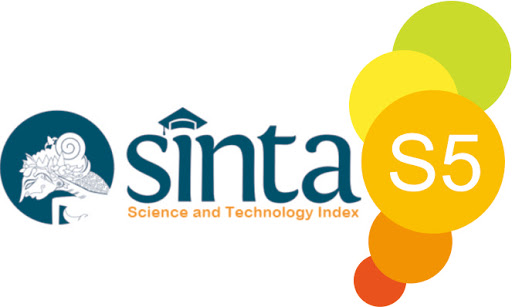Efforts to increase production sweet potato as raw materials Kaya Beta Karoten flour by using compost baglog mushroom waste
DOI:
https://doi.org/10.32734/abdimastalenta.v5i1.4031Keywords:
Baglog Mushroom Waste, Sweet Potato, Tepung Kaya Beta KarotenAbstract
Research-based community partnership program activities involve two partners, namely the Murti Lestari Farmer Group and Agrina Creation UKM in Helvetia Village, XI Gang Sawit Hamlet, Labuhan Deli District Deli Serdang Regency. This dedication activity is the application of the results of research that had been carried out two years earlier which was USU's Talent Grants in 2017 and 2018. The problem faced was the lack of understanding of oyster mushroom baglog waste management techniques that have the potential to pollute the environment, on the other hand the farmer group Murti Lestari also experienced difficulties in increasing the quantity and quality of sweet potato production which is also widely cultivated in this village. The low interest of farmers is also encouraged because of the low price of sweet potato products and a relatively limited shelf life. The method implemented for training and discussion, accompanied by the practice of making compost from mushroom baglog waste, the practice of preparing planting material in the form of local sweet potato clones with high beta carotene content, compost application in sweet potato cultivation, maintenance to harvesting and post-harvest process using processing equipment into sweet potato flour rich in beta carotene and various other processed food products. Activities that have been carried out are training on composting of baglog mushroom waste using compost counting machines and bioactivators introduced in this activity so that the composting process goes faster, training on technical culture of orange sweet potato cultivation by applying mushroom baglog compost, training on mushroom making mushrooms and composting Oyster mushroom cultivation using shelves made of mild steel and fogging using a sprayer. Production and quality of yields of sweet potatoes that were given compost baglog oyster mushroom waste increased compared without the provision of compost. The next crop is processed into sweet potato flour with high beta carotene content and various food products using an introduced machine, which is a sweet potato slicing machine, flour machine, macaroni making machine and equipment for making sweet potato flour based food processing products.
Downloads
Downloads
Published
Issue
Section
License
Copyright (c) 2020 ABDIMAS TALENTA: Jurnal Pengabdian Kepada Masyarakat

This work is licensed under a Creative Commons Attribution-ShareAlike 4.0 International License.
The Authors submitting a manuscript do so on the understanding that if accepted for publication, copyright of the article shall be assigned to Jurnal Abdimas TALENTA as well as TALENTA Publisher Universitas Sumatera Utara as the publisher of the journal.
Copyright encompasses exclusive rights to reproduce and deliver the article in all forms and media. The reproduction of any part of this journal, its storage in databases and its transmission by any form or media, will be allowed only with written permission from Jurnal Abdimas TALENTA.
The Copyright Transfer Form can be downloaded here.
The copyright form should be signed originally and sent to the Editorial Office in the form of original mail or scanned document.












